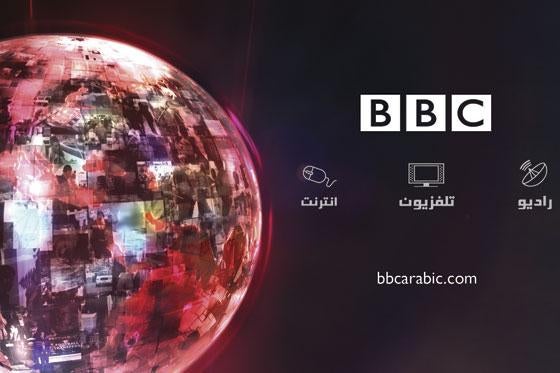
The BBC faces ‘significant difficulties’in winning the Arab world over when it launches its TV news channel next week, according to media experts on the region.
The BBC said that its presence in the region for more than 70 years since it launched its radio service in 1938 gave it a strong standing with audiences as ‘the most trusted international broadcaster in the Middle East”, according to director of BBC World Service Nigel Chapman.
He said independent surveys suggested people would watch the BBC because it would ‘provide an independent news service they could trust”.
But critics said the BBC would face scepticism in the region over its impartiality, with its funding of £25m a year coming from a Foreign Office grant-in-aid under particular scrutiny.
Dr Makram Khoury-Machool, a lecturer in media studies at Cambridge University, said the reaction would depend on how much it would be seen as ‘a mouthpiece for the British Government”.
Chapman said that audiences could make the distinction between what the BBC does and British Government policies, and that the BBC would report ‘without fear or favour’in the region.
The BBC has been in the Arab TV market already in a failed venture that collapsed after rows over editorial with private backers Orbit in 1996.
Khoury-Machool said that many of the staff from that project went on to work for Al Jazeera, now seen as the BBC’s primary competitor in the region.
The corporation said it will draw on its 250-plus correspondents reporting from 72 bureaux around the world and a network of local reporters and correspondents.
BBC Arabic will launch on 11 March. It will initially broadcast for 12 hours peak-time, moving to a 24/7 operation in the summer. The schedule includes news headlines every 15 minutes and a full news summary every 30 minutes.
Sharif Hikmat Nashashibi, chairman of Arab Media Watch, which campaigns for objective British coverage of Arab issues, said the BBC’s presenting style might not sit well with Arab audiences.
‘[They] like and are used to a certain style. The BBC is seen as a more sanitised version of coverage where with the others you see more graphic imagery, more opinionated – it’s something Arabs watch and trust.
“So the BBC has significant competitors there. There’s no guarantee the BBC style will appeal.”
The BBC said the channel would conform to its standard editorial guidelines.
Email pged@pressgazette.co.uk to point out mistakes, provide story tips or send in a letter for publication on our "Letters Page" blog
